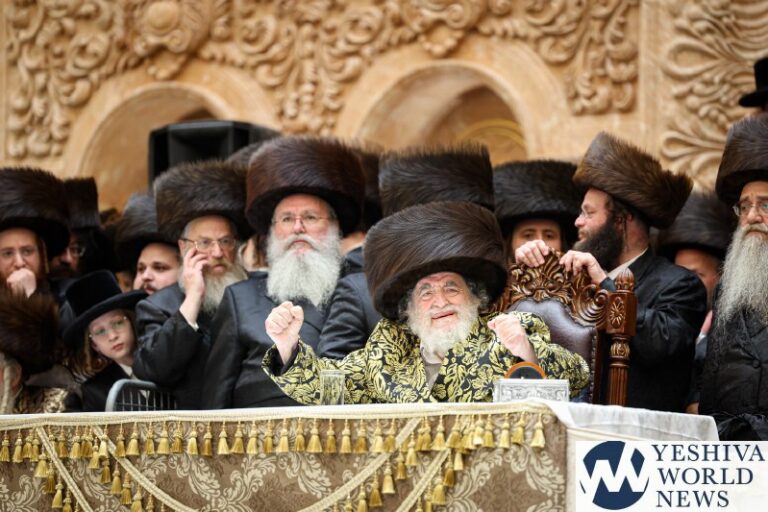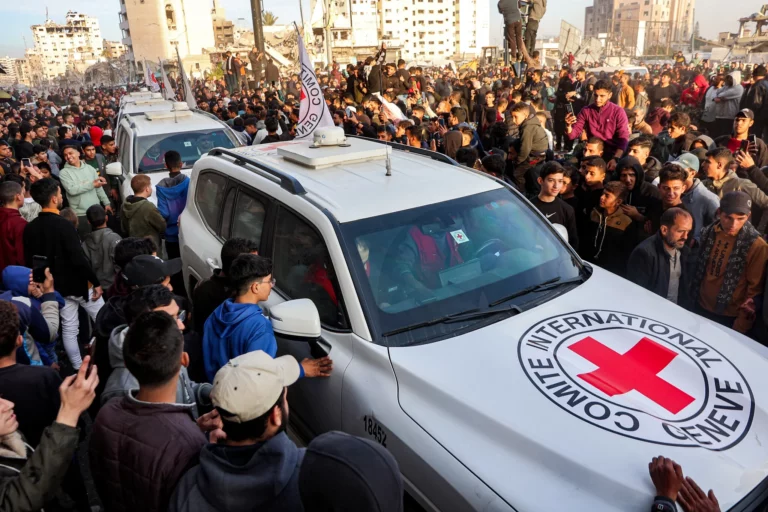BS”D
It began in Jerusalem during the scorching summer of 2013 (5773) as R. Yosef Greenfield sat in the Beit Midrash, deep in thought. He and his wife had been married for about six years already but were not yet been blessed with children. They had tried all modern and spiritual methods – visited all the doctors and received the blessings of all the great rabbis in Israel – but their one longing in life had yet to materialize.
R. Yosef happened to set his eyes upon one of the many books scattered on the table in front of him in search of more answers to his familial setback. This particular book’s introduction contained stories about Rabbi Yehonatan Eybeschütz; what was happening in the communities of Altona, Hamburg and Wandsbek in northern Germany when Rabbi Yehonatan Eybeschütz arrived there to serve as Chief Rabbi in 1749 (5509).
At the beginning of the month of Tammuz, a strange epidemic hit the town and caused the death of all young women who were expecting babies during childbirth. When Rabbi Eybeschütz arrived, one of the community’s leaders came to him and poured out his heart; his own daughter was expecting a baby and he was afraid that her fate would the same as those other young women.
Rabbi Yehonatan inscribed a blessing into a special amulet and gave it to the father. With this blessing the woman became the first woman to survive childbirth, effectively ending the tragic epidemic that grappled the town.
R. Yosef was impressed by the historical tale and said to himself: “I have heard about Rabbi Yehonatan’s greatness before, but this is the first I’ve heard about his blessing that saved the birthing woman and the other women of Hamburg. I am sure that praying at his gravesite will provide my wife and I with the redemption that we seek.” With the confident decision to take one more chance at building his family, R. Yosef decided to travel immediately to Hamburg, to pray at the gravesite of Rabbi Eybeschütz.
It just so happened – Divine Providence, of course – that R. Yosef planned to visit the grave during the month of Ellul. When he called the rabbi of the Hamburg community, Rabbi Bistritzky, to arrange his visit, he found out that the 21st of Ellul was the yahrzeit of Rabbi Yehonatan – the most spiritual moment to have his prayers heard by the great rabbi.
Less than a year after R. Yosef’s visit to the grave, he and his wife were blessed with a beautiful, healthy baby boy. Since then, R. Yosef has made regular visits to Rabbi Eybeschütz’s gravesite, and with each visit he tries to convince some of his friends and acquaintances to join him in prayers at this holy place.
*
The wise say that, outside of Israel, there is no other cemetery in which so many great and holy rabbis are interred. The Gemara in Masechet Yevamot says: “Rabbi Yochanan said in the name of Rabbi Shimon ben Yochai: With regard to any Torah scholar in whose name a matter of Halacha is stated in this world, his lips mouth the words in the grave, as though he were speaking.” The Torah of those buried in the ancient cemetery of the Altona community in Hamburg, is taught and studied every single day in the yeshivas and study halls throughout the world, whether it is the Kreti Upleti of Rabbi Yehonatan Eybeschütz, the She’elot Yaavetz of Rabbi Yaakov Emden, the Knesset Yisrael responsa of Rabbi Yechezkel Katzenelbogen, the Veshav Hacohen responsa of Rabbi Rafael Hacohen, the Atzei Arazim responsa by Rabbi Noach Chaim Tzvi Berlin or the Aruch Laner on the Gemara by Rabbi Yaakov Ettlinger. The list is endless, and each text is of great importance.
*
Seven years ago, on the 21st of Ellul, exactly two hundred and fifty years after the passing of Rabbi Yehonatan Eybeschütz, the rabbi of the community and of Hamburg, Rabbi Shlomo Bistritzky, established the Kollel Avreichim “Ohr Yehonatan”. The aim of the Kollel is to install the sound of Torah learning once again in the place where the words of the Torah were once studied and written by generations of great rabbis, and to further strengthen the current Jewish life in the city.
When the young men in the Kollel study the writings of these Torah giants who are buried in that city, a mere seven minutes’ drive away, their studies have a special vitality to them, and their Torah becomes sweeter.
*
Rabbi Bistritzky is sure that the more this important cemetery’s existence becomes known in the world, the more Jews will come to pray there and have the merit to be blessed. Even before they come, there is the possibility of supporting the Torah study of the Kollel students in this special place, allowing them to become a part of the enriching spiritual experience.











